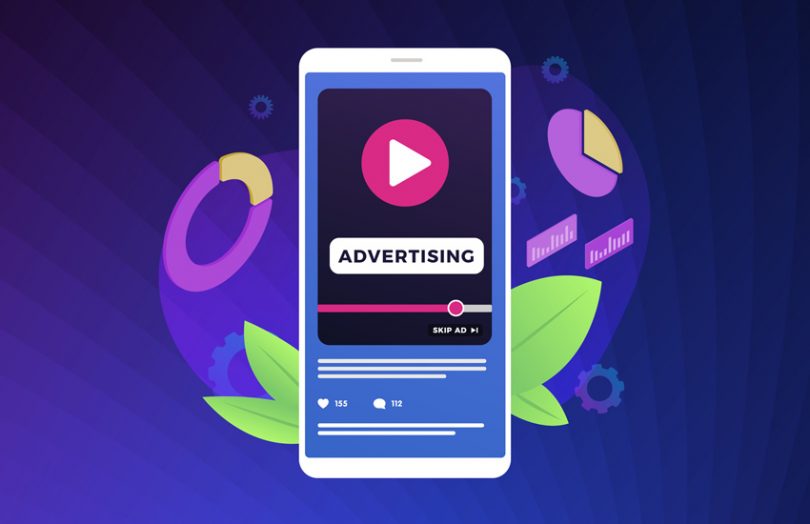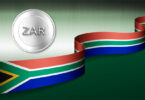For the last year, Nestlé, McDonald’s, and Johnson & Johnson, as well as other major brands and agencies have been taking part in an advertising DLT pilot. Yesterday, the Trustworthy Accountability Group (TAG) announced the completion of the UK cross-industry program.
Some of the key findings include identifying that 34% of the ads served should not be charged for. Plus research has shown that 59% of industry experts thing campaign reporting and reconciliation needs to be automated.
The pilot was launched in July last year by the U.K.-based Joint Industry Committee for Web Standards (JICWEBS), which will complete its merger with TAG this month. TAG itself is a cross-industry accountability program, established to increase transparency and trust in the digital advertising industry while encouraging innovation. It’s four core areas include combating malware, eliminating fraudulent traffic, fighting internet piracy, and promoting transparency.
The results of the pilot showed DLT could help supply chain transparency and optimization, and operational efficiencies. DLT can harmonize the formats of the recorded data and automate data access securely, as the ledger data is only accessible on a permissioned basis through the encryption keys which the data provider controls. TAG research shows programmatic teams spend up to 60% of their time preparing and reconciling data, so DLT automated business processes can significantly increase operational efficiency.
A major benefit of DLT is the ability to filter whether impressions are real or not. For impressions reconciled with the DLT platform, it was found that 34% either didn’t start to render (were non-qualified) or non-viewable.
Additional brand participants in the pilot included Telefonica/O2, Virgin Media amongst others. Several agencies were represented including GroupM, Havas, IPG, Mindshare, OMD, and Zenith as well as 15 adtech providers and publishers.
London tech company FIDUCIA was the blockchain partner for the project. It used a permissioned version of Ethereum combined with proprietary technology. In terms of scale, the pilot analyzed £1.4 million impressions across 127 campaigns.
Earlier this year, blockchain advertising consortium Adledger and blockchain video ad firm MadHive published their ‘State of AdTech Study’ report discussing technology in the advertising industry. The report found 83% of the respondents considered blockchain could increase transparency and efficiency in the industry, and 92% of them advocated for industry-wide standardization.
If successful, TAG’s program could offer precisely this. CEO Mike Zaneis says “TAG helps create a collaborative environment for companies to share new ideas, exchange information” and points to DLT’s ability to create a new set of common standards through this cooperation.







